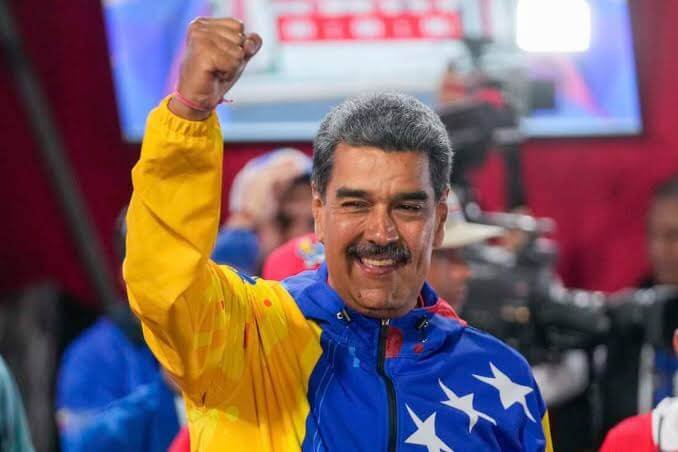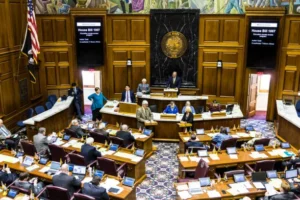Venezuela’s presidential election has sparked controversy after President Nicolás Maduro was declared the winner. The National Electoral Council, led by Maduro ally Elvis Amoroso, announced that Maduro received 51% of the vote, while his main opponent, Edmundo González, secured 44%. However, the opposition disputes these results, claiming González won with 70% of the vote.
The opposition alleges fraud and vows to challenge the outcome. The opposition claims González leads Maduro by 40 points, citing their vote tallies, exit polls, and quick counts. The opposition had united behind González to unseat Maduro after 11 years in power.
Maduro’s victory will have far-reaching consequences. Over 7.8 million Venezuelans have fled the country due to the economic and political crisis. The election result may lead to increased emigration, with one poll suggesting a third of the population could leave.
Venezuela’s relationships with other countries are also at stake. Maduro has close ties with China, Iran, and Russia, while the opposition may shift towards the US and Latin American nations. Venezuela’s vast oil reserves make its political landscape crucial for global powers.
Many Venezuelans demanded change after 25 years of socialist rule. Voters expressed frustration with the current government, citing economic woes and emigration struggles. However, fears of fraud and manipulation marred the election.
International leaders, including US Secretary of State Antony Blinken and Chilean President Gabriel Boric, have expressed scepticism about the result. Allies of Maduro, like Cuba’s president, have congratulated him on his victory.
The opposition deployed witnesses to polling stations to monitor the vote count, but many were ejected from many polling stations. They plan to challenge the results, citing discrepancies between electronic tallies and paper receipts. The controversy surrounding Venezuela’s election will likely continue, with the opposition vowing to fight for a legitimate outcome.









